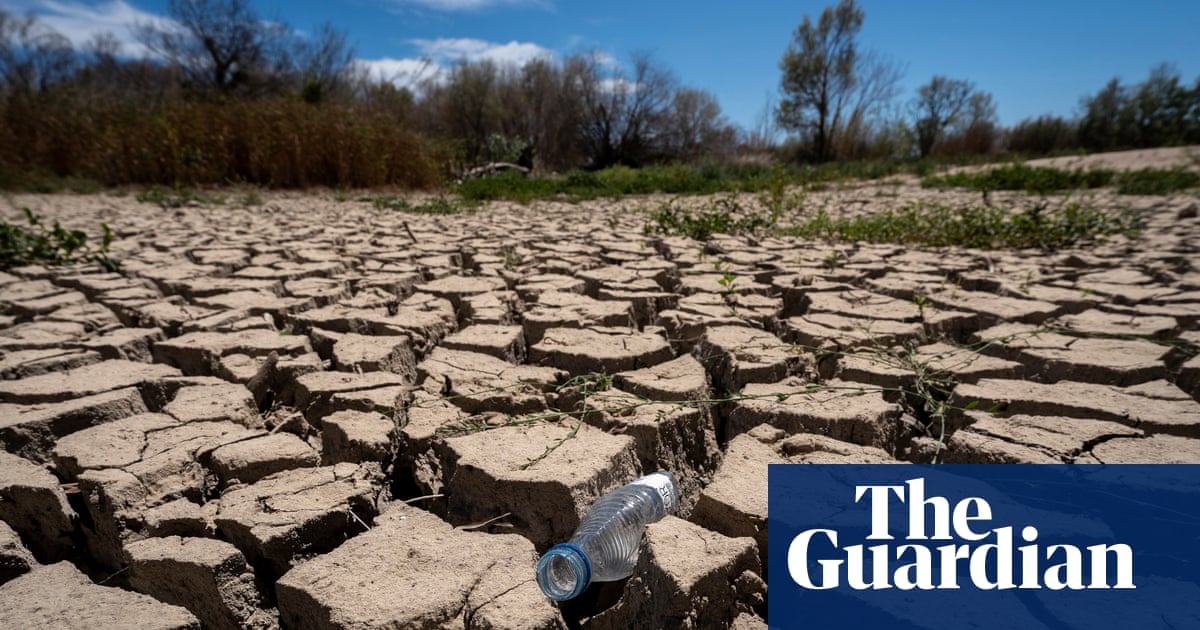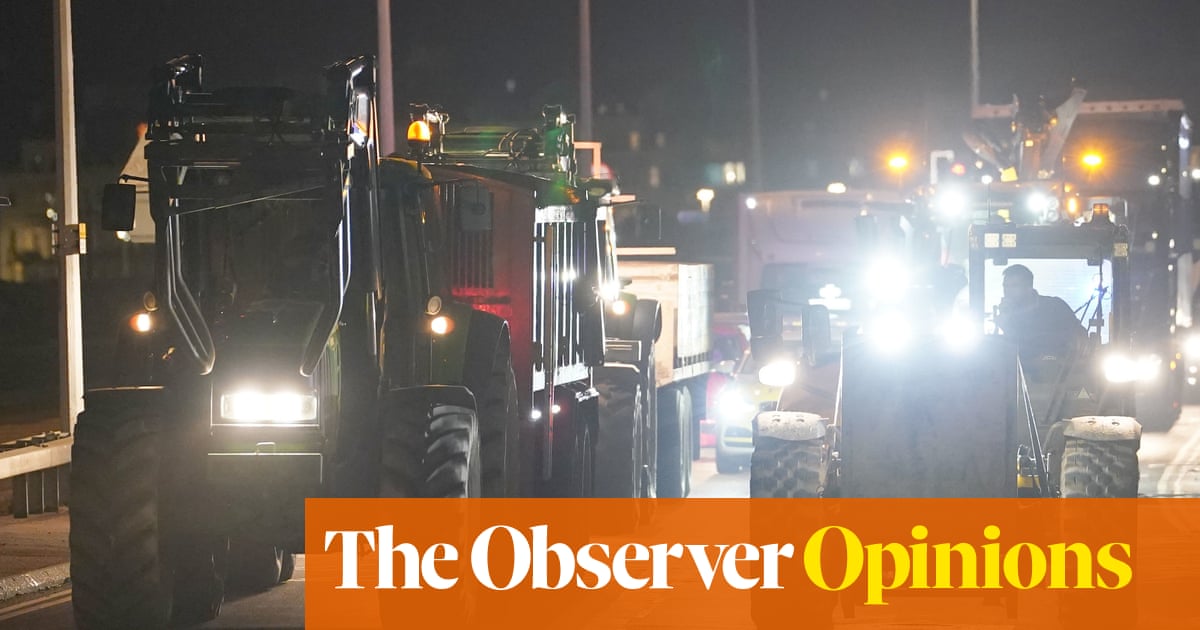
UK food supplies will be under threat long before Christmas, and could start affecting stocks within days, if carbon dioxide shortages continue, the boss of the Iceland supermarket chain has warned.
While concerns have been raised about how CO2 shortages might harm Christmas food supplies as grocers start stocking up for the holidays, Iceland’s managing director, Richard Walker, said the problem – which has been compounded by the shortage of HGV drivers – could affect UK supermarket shelves much sooner.
“This is no longer about whether or not Christmas will be okay, it’s about keeping the wheels turning and the lights on so we can actually get to Christmas,” Walker told BBC Radio 4’s Today programme.
“This could become a problem over the coming days and weeks, so this is this is not an issue that’s months away.”
The shortage has been sparked by record energy prices, which forced two US-owned fertiliser plants in the north of England that produce 60% of the UK’s carbon dioxide (CO2) supplies to shut down last week.
CO2 is widely used in fizzy drinks and beer as well as in the meat industry to stun animals before slaughter. It is also used to create dry ice, which keeps food fresh for storage and transport.
Walker said Iceland was building up its stocks on key items such as frozen meat, “just to make sure we can deal with any unforeseen issues”. He added: “At the moment, we’re fully stocked because suppliers are OK but we do need this sorted as quickly as possible.”
Meanwhile, the Foreign Office minister James Cleverly told Sky News the UK was in a better place than other countries that were “feeling the pinch” with wholesale gas supply that had been driving up energy prices across the country.
He said this was because the UK had its own domestic supplies but “we also receive gas from very, very reliable partners like Norway, for example, so we’re in a better place than many other countries around the world”.
Cleverly refused to be drawn on suggestions that the government could bail out energy firms on the brink of folding because of the shortage but said “a range of options” was being discussed and considered. “We will absolutely do everything we can to protect consumers,” he added.
Cleverly also said the business secretary, Kwasi Kwarteng, had held “very productive” meetings with the industry.
Asked whether energy companies could be bailed out, he said: “I’m not going to speculate as to exactly how we address this but we’ve moved quickly and the business secretary of state’s already had a series of meetings about this, both last week and over the weekend, and we’ve got a very clear idea of what our priorities need to be in terms of protecting consumers and protecting the security of our energy supply.”
Cleverly added that ministers wanted energy firms to “stay afloat organically”. Speaking to BBC Breakfast, he said: “ What we want to make sure is that we protect the integrity of our supply, we protect consumers, both commercial and residential, and we will discuss with the industry the best way of doing that.”
However, Dale Vince, the chief executive of the green energy supplier Ecotricity, warned many energy companies would not make it to Christmas. He said it was crucial to invest in renewable energy to offset the UK’s reliance on oil and gas from abroad.
“We’ve got a shortage of electricity, at the same time there’s a global shortage of gas. You can’t fundamentally fix that. It’s a question of what sticking plasters we can apply to get through the winter,” Vince told the BBC’s Today programme.
“We need to build renewable energy as if there’s no tomorrow. In the next 10 years we could go 100% energy independent in our country for electricity and gas.”












